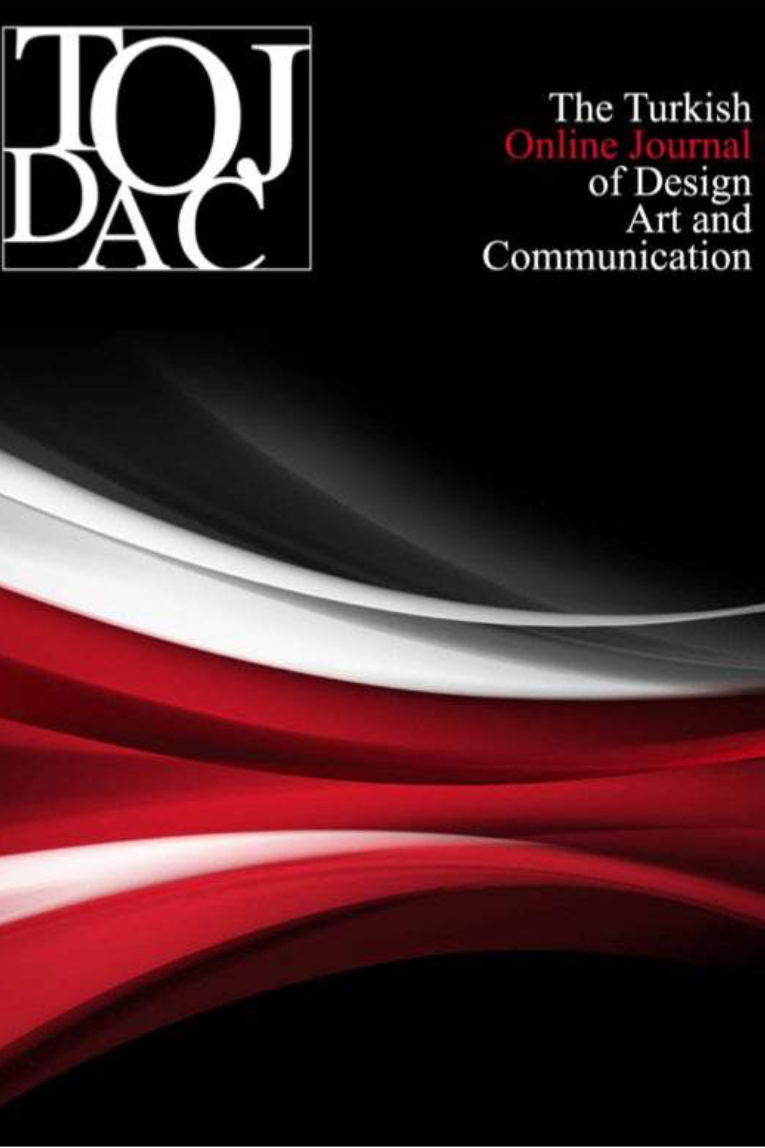CORPORATE COMMUNICATION UNITS’ FUNCTIONS IN STRATEGIC PLANNING: CASE OF KAYSERI’S TOP INDUSTRIAL COMPANIES
Strategic plans, which cover a wide range of processes such as including analyzing inner and outer environment, determining objectives, planning, implementing and evaluating, have been used as a managerial tool for organizations since 1960s. Under heavy competitive environment and political/economic uncertainties of countries, it is possible to say that it becomes a necessity to have strategic plans in order to overcome possible obstacles, set competitive advantage and achieve corporate goals. Due to their crucial position with the managerial team, corporate communication departments of organizations play a key role during implementation of strategic plans in various phases. Aim of this study is to understand the role of corporate communication units during different stages of strategic plans in top level companies. In this study, after giving brief information about strategic planning and its advantages to organizations, role of corporate communication departments in strategic management process will be discussed. Later, strategic planning practices of city of Kayseri’s companies that were in the top 1000 in Istanbul Chamber of Industry list in 2015 will be focused in terms of corporate communication axis. Only 16 companies accepted to participate in the study although 28 companies existed in the list. Study showed that besides its various benefits, companies found strategic planning as a bureaucratic and time-demanding activity. Most of the companies didn’t share their strategic plans in their corporate web-sites. Meetings and e-mails were the most popular tools while communicating shareholders in every stage of plans. Majority of the companies had crisis management, social responsibility and corporate reputation strategies in their plans; however, only a small group had sponsorship strategies.
Anahtar Kelimeler:
strategic plans, strategic management, corporate communication, industrial establishments, Kayseri
___
- Berry F. S., (1994). “Innovation in Public Management: The Adoption of Strtaegic Planning”, Public Administration Review, 54 (4), pp: 322-330
- Fidan M., Gulsunler M. E., (2003). “Kurum Kimliginde Kriz Yonetiminin Yeri ve Onemi”, Selcuk Universitesi Sosyal Bilimler Enstitusu Dergisi, 10, pp.465-475
- Gadiesh O. and Gilbert J. L., (1998). “Profit Pools: A Fresh look at Strategy”. Harvard Business Review, 76(3), pp. 139-147
- Greene, C.N., Adam, E.A. Jr. and Ebert, R.J., (1985). Management for Effective Performance. Englewood Cliffs, New Jersey: Prentice-Hall.
- Gurer, H., (2006). “Stratejik Planlamanın Temelleri ve Türk Kamu Yonetiminde Uygulanmasına Yonelik Oneriler”, Sayistay Dergisi, 63, pp. 91-104.
- Shahin B. (2011). Evaluating the Effectiveness of Strategic Planning Within the Middle Eastern Public Sector. Doctoral Thesis in Business Administration. Victoria Graduate School of Business. Victoria University Melbourne, Australia. http://vuir.vu.edu.au/19416/1/Basel_Shahin.pdf (Accessed on 12.09.2017)
- Solmaz B. (2007). Kurumsal İletişim Yönetimi, Konya, Tablet Kitabevi
- Steyn B. (2004)."From strategy to corporate communication strategy: A Conceptualisation", Journal of Communication Management, 8(2), pp. 168-183
- İSO 500, (2016). Türkiye’nin Birinci 500 Büyük Sanayi Kuruluşu, http://www.iso500.org.tr/iso-500-hakkinda/gecmis-yil-verileri/ (Accessed on 01.12.2016)
- Paralimanı (2016). Türkiye’nin en büyük 25 sanayi şehri hangisi?, http://www.paralimani.com/turkiye-nin-en-buyuk-25-sanayi-sehri-hangisi-haberi-58869/ (Accessed on 01.12.2016)
- Uludag, A. (2008)."Halkla İlişkilerde Stratejik Süreç", Halkla İlişkiler, (Editör: Ahmet Kalender ve Mehmet Fidan), Konya: Tablet Yayınları
- Ural, E.G. (2006). Stratejik Halkla Iliskiler Uygulamaları. İstanbul: Birsen Yayınevi.
- Wells D. L. (1996). Strategic Management for Senior Leaders: A Handbook for Implementation, Department of the Navy Total Quality Leadership Office http://unpan1.un.org/intradoc/groups/public/documents/aspa/unpan002503.pdf (Accessed on 13.03.2016)
- Başlangıç: 2011
- Yayıncı: Deniz YENGİN
